Medical-Dermatology
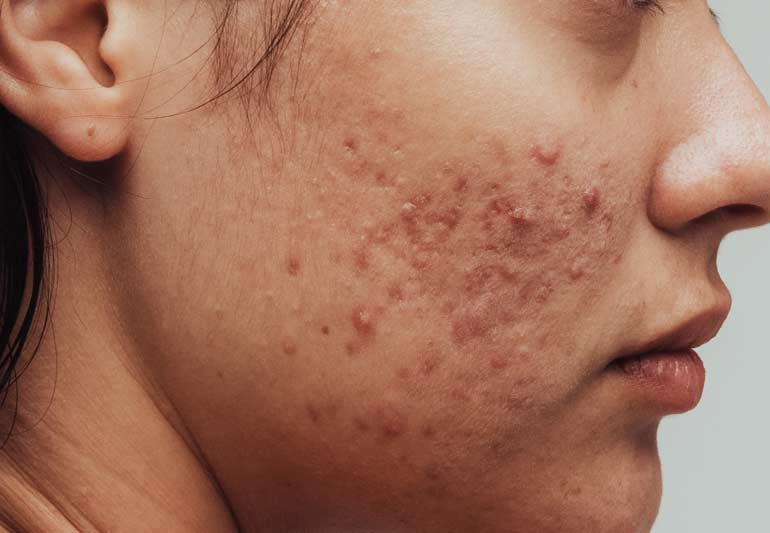
Acne
Acne is a skin condition that occurs when your hair follicles become plugged with oil and dead skin cells. It causes whiteheads, blackheads, or pimples. Acne is most common among teenagers, though it affects people of all ages. Effective acne treatments are available, but acne can be persistent.
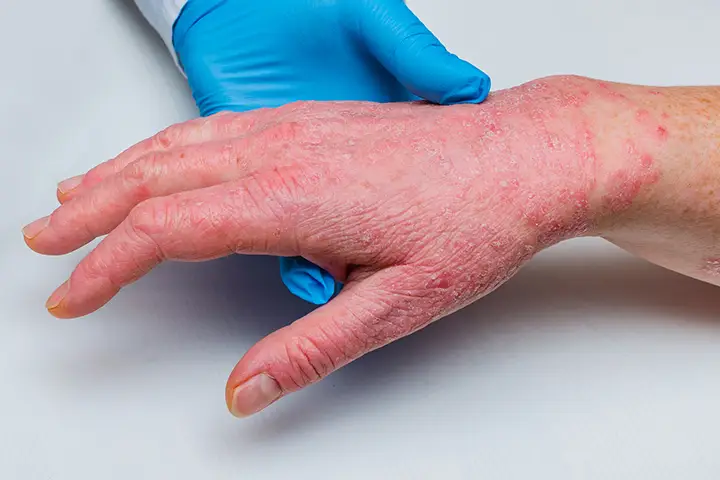
Psoriasis and Psoriatic arthritis
Psoriatic arthritis is a type of inflammatory arthritis.Symptoms include joint pain, stiffness and swelling, which may flare and subside. Many people with the condition are affected by morning stiffness. Even mild skin psoriasis can have a significant degree of arthritis.
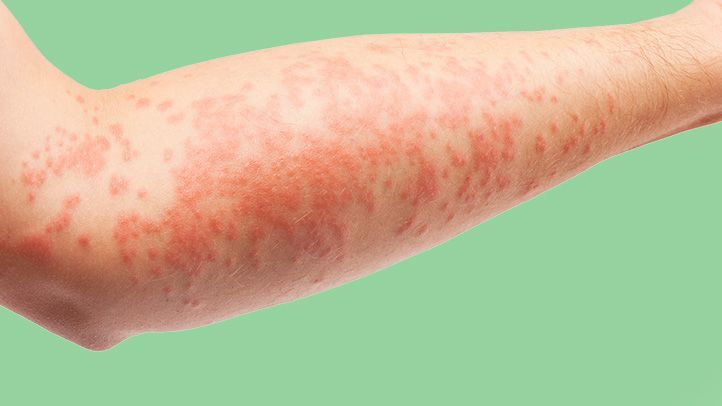
Eczema and Atopic dermatitis
Atopic dermatitis usually develops in early childhood and is more common in people who have a family history of the condition.The main symptom is a rash that typically appears on the arms and behind the knees, but can also appear anywhere.
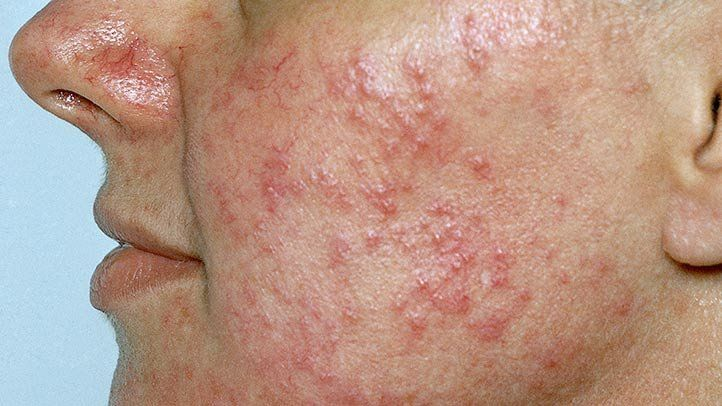
Rosacea
Rosacea most commonly affects middle-aged women with fair skin. It can be mistaken for acne or other skin conditions.Key symptoms are facial redness with swollen red bumps and small visible blood vessels.Treatments such as antibiotics or anti-acne medication can control and reduce symptoms. Left untreated, it tends to worsen over time.
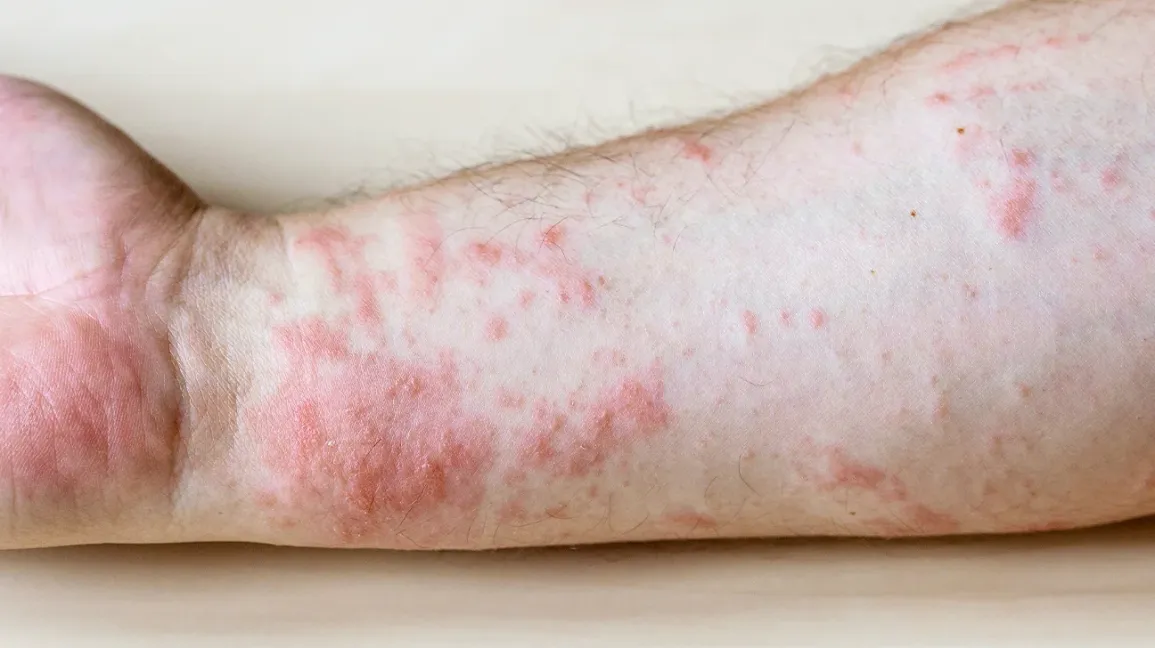
Skin rashes
Temporary outbreak of red, bumpy, scaly or itchy patches of skin, possibly with blisters or welts. Skin rashes can have causes that aren’t due to underlying disease. Examples include hot and humid weather, excess sun exposure or scratchy clothes that don’t fit.
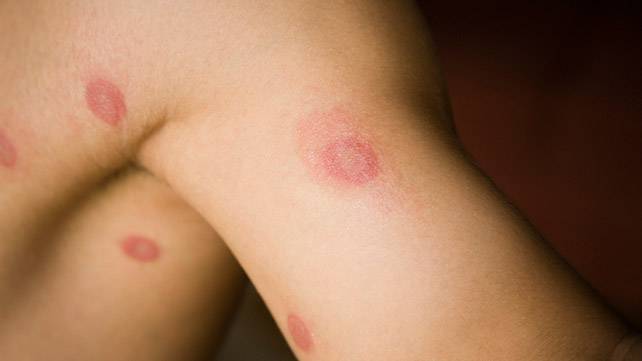
Skin infections
An infection of the skin that can be caused by bacteria, fungus, viruses or parasites.
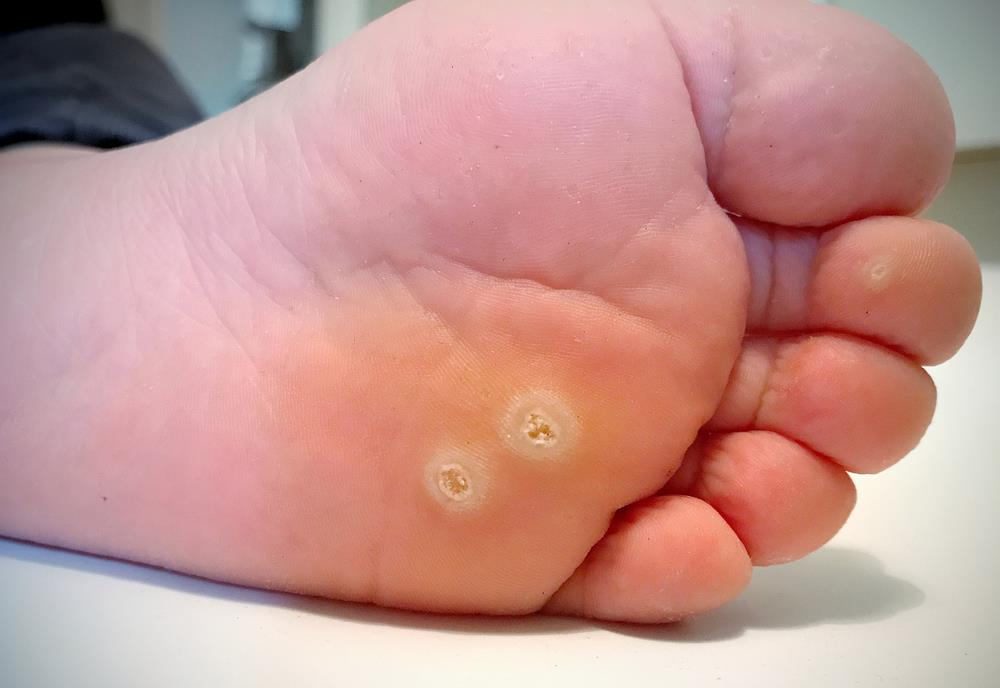
Warts and Verrucas
A small, fleshy bump on the skin or mucous membrane caused by human papillomavirus.Warts are caused by various strains of human papillomaviruses. Different strains may cause warts in different parts of the body. Warts can be spread from one location on the body to another or from person to person by contact with the wart.The main symptom is a fleshy, painless growth on the skin. Common areas affected include the hands, feet and genitals.Treatment may include topical medication and removal through medical procedures.
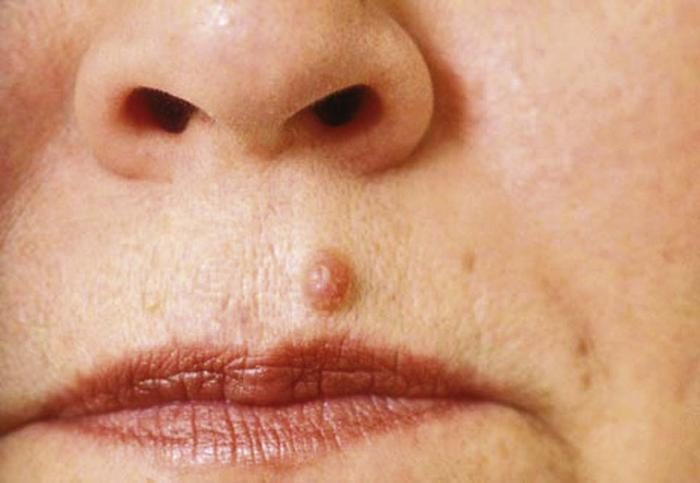
Common Skin Growths
We provide treatment for common skin growths.
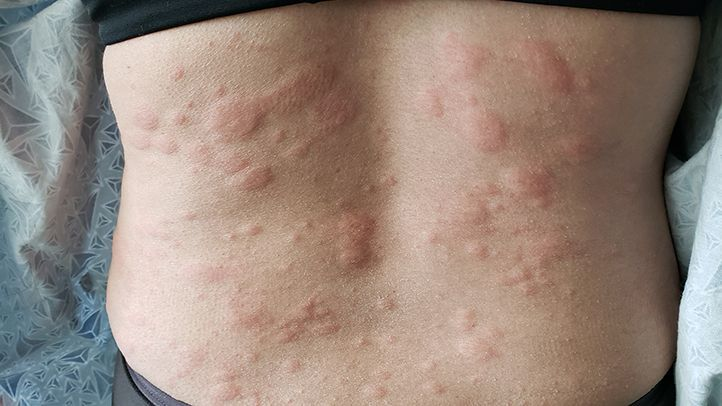
Hives
skin rash triggered by a reaction to food, medicine or other irritants.Hives is a common skin rash triggered by many things, including certain foods, medication and stress.Symptoms include itchy, raised, red or skin-coloured welts on the skin’s surface.Hives usually go away without treatment, but antihistamine medication is often helpful in improving symptoms.
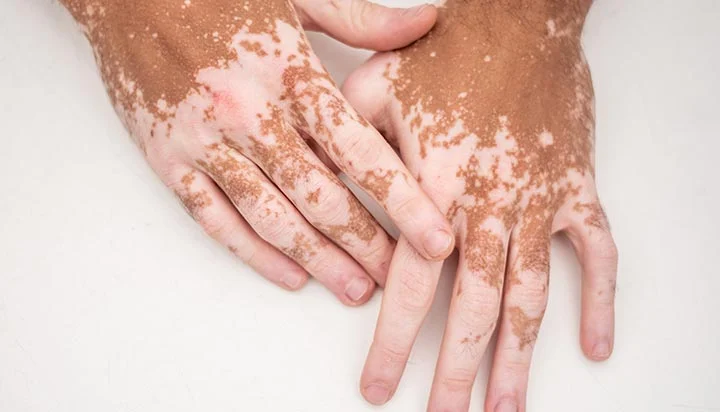
Vitiligo
A disease that causes the loss of skin colour in blotches.Vitiligo occurs when pigment-producing cells die or stop functioning.Loss of skin colour can affect any part of the body, including the mouth, hair and eyes. It may be more noticeable in people with darker skin.Treatment may improve the appearance of the skin but doesn’t cure the disease.
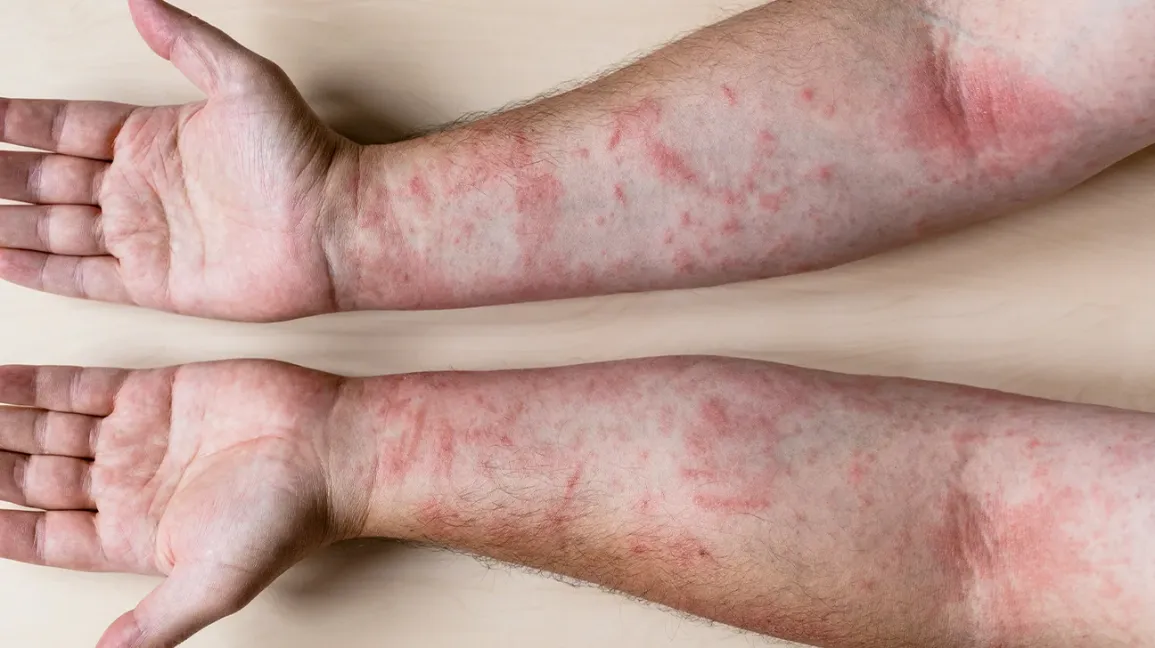
Itching
An uncomfortable, irritating sensation that creates an urge to scratch that can involve any part of the body. Itching can have causes that aren’t due to underlying disease. Examples include hair regrowth, sunburns, insect bites, dry skin or healing wounds.
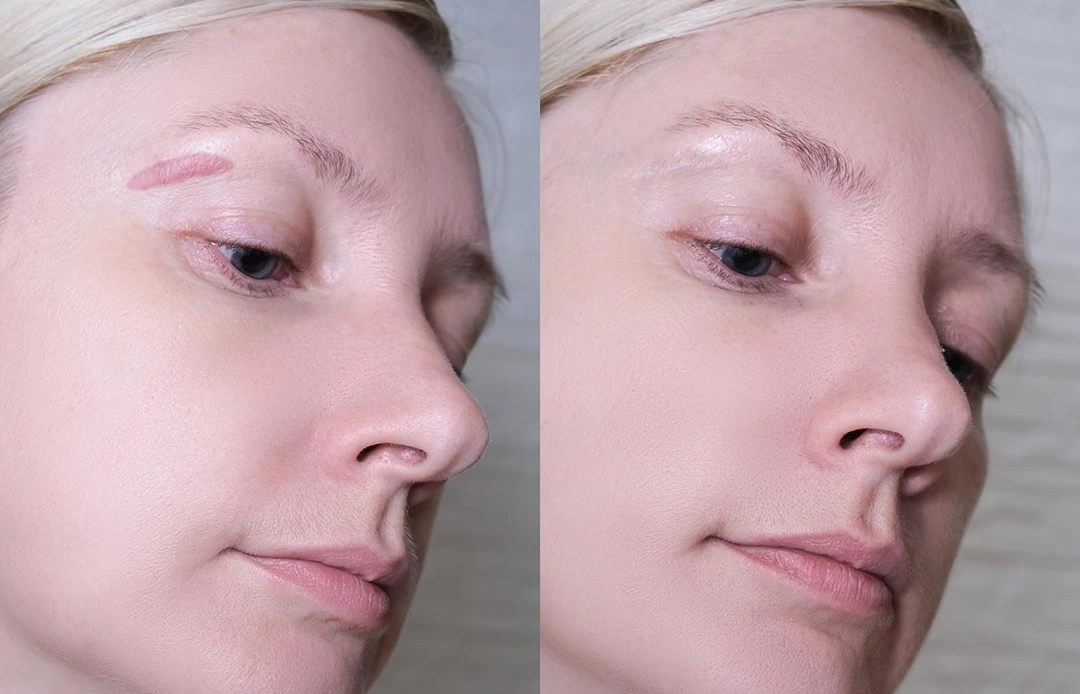
Scar Reduction
We do scar reduction treatment in our clinic.

Hair and Scalp conditions
We do treatment for the hair and scalp conditions
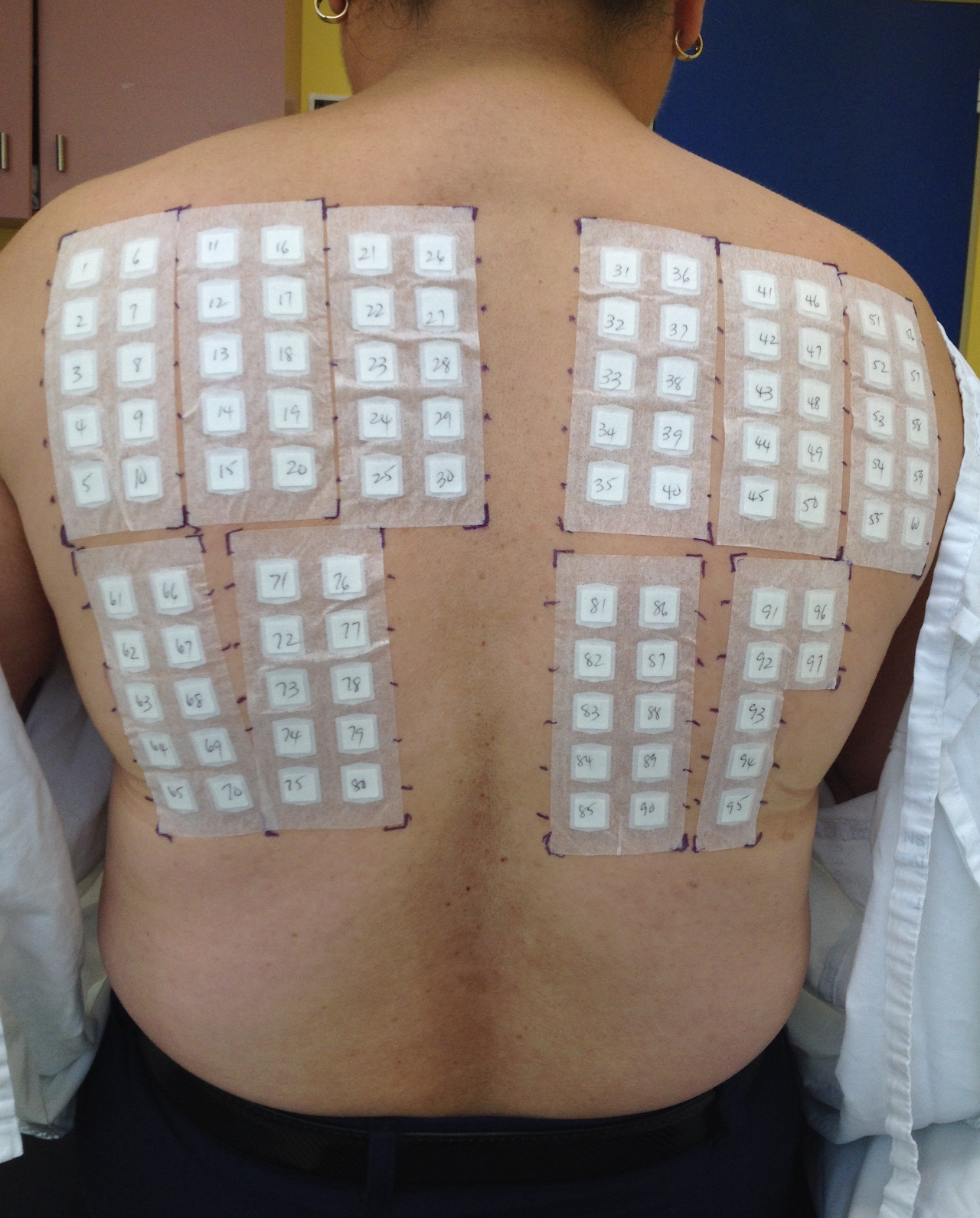
Patch Testing
A patch test is a diagnostic method used to determine which specific substances cause allergic inflammation of a patient’s skin. Patch testing helps identify which substances may be causing a delayed-type allergic reaction in a patient, and may identify allergens not identified by blood testing or skin prick testing.

Nail Conditions
Common causes of nail problems include injury, infection and skin diseases such as eczema and psoriasis. Some conditions need professional treatment from a doctor or a dermatologist. People with diabetes or compromised immune systems have a higher risk of fungal nail infections.
